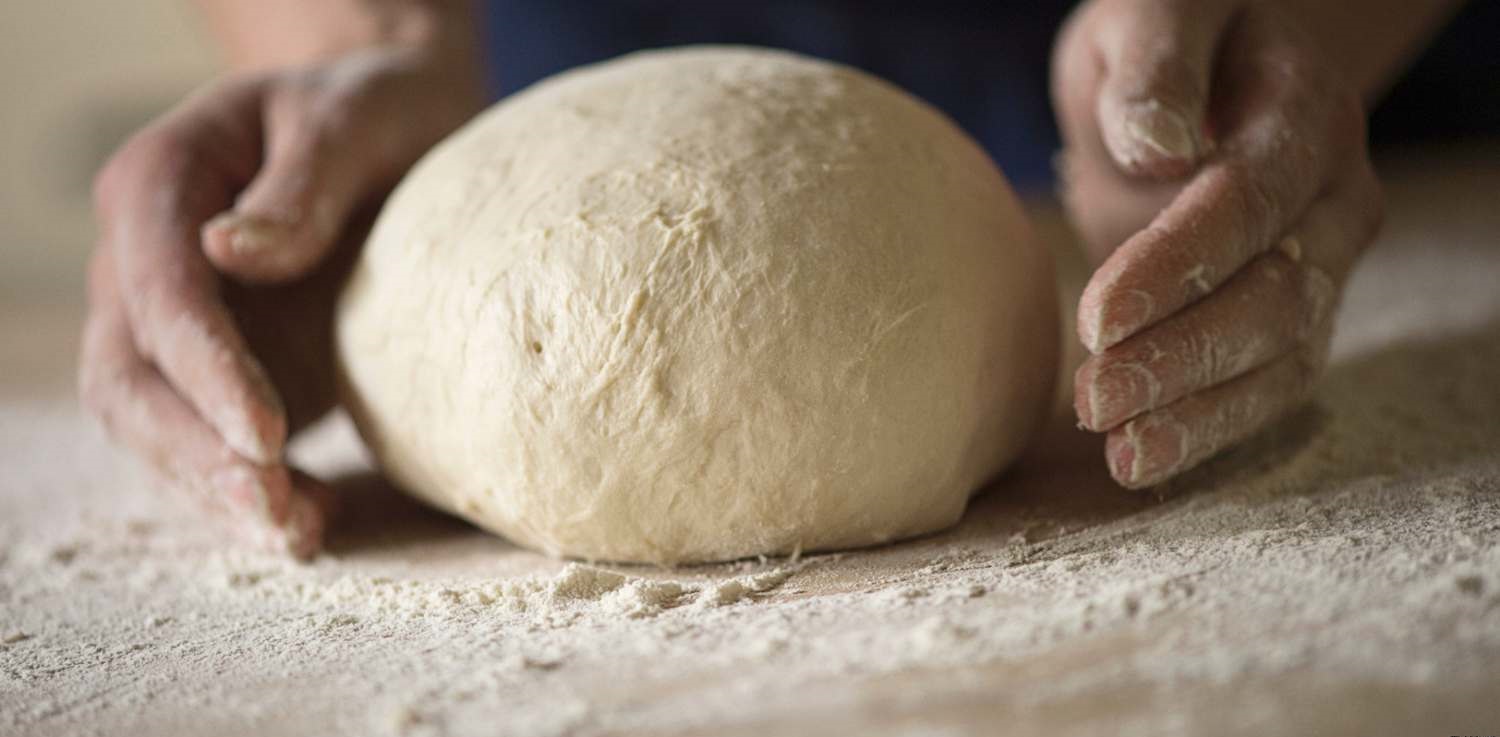Uráenie vhodnej fritûˋzy pre vaéÀu firmuô si vyéƒaduje zvûÀéƒenie viacerû§ch faktorov, nielen samotnûˋho objemu. Na trhu je k dispozûÙcii éÀirokûÀ ponuka ponornû§ch fritûˋz rûÇznych veáƒkostûÙ, ktorûˋ dokûÀéƒu plnohodnotne pokryéË potreby kuchû§é ái bistier. Objem koéÀa véÀak nie je prvû§m ani najdûÇleéƒitejéÀûÙm parametrom pri rozhodovanûÙ.
Aj keá sa mûÇéƒe zdaéË jednoduchûˋ investovaéË do fritûˋzy, ktorûÀ zvlûÀdne dneéÀnûˋ nûÀroánûˋ poéƒiadavky, káƒû¤áom je vybraéË zariadenie optimûÀlne prispûÇsobenûˋ vaéÀim technologickû§m procesom a áƒahko integrovanûˋ do existujû¤cej prevûÀdzky. Rovnako je dûÇleéƒitûˋ zvûÀéƒiéË, ái sa oplatûÙ investovaéË do flexibilnûˋho vybavenia, ktorûˋ dokûÀéƒe reagovaéË na neustûÀle sa meniace potreby a rozéÀirujû¤ce sa poéƒiadavky trhu.
Na trhu sû¤ dostupnûˋ rûÇzne dûÀvkovûˋ fritûˋzy s rûÇznymi veáƒkoséËami koéÀov, vrûÀtane vûÀkuovû§ch fritûˋz,ô ktorûˋ umoéƒéujû¤ prûÙpravu produktov pri niéƒéÀûÙch teplotûÀch a spá¤éajû¤ éÀpecifickûˋ poéƒiadavky profesionûÀlnych kuchû§é a reéÀtaurûÀciûÙ. Hoci je objem koéÀa dûÇleéƒitû§m parametrom, nie je tû§m rozhodujû¤cim pri vû§bere sprûÀvnej fritûˋzy. Káƒû¤áom k dosiahnutiu éÀéËavnatûˋho, chrumkavûˋho a rovnomerne vyprûÀéƒanûˋho produktu je vhodne zvolenû§ vû§kon ohrevu. Ten musûÙ byéË dostatoánû§ na rû§chle a rovnomernûˋ spracovanie potravûÙn v dûÀvkach poéƒadovanûˋho mnoéƒstva.
Pri potravinûÀch s vysokû§m obsahom vody je nevyhnutnûˋ voliéË fritûˋzu s vyéÀéÀûÙm vû§hrevnû§m vû§konom. Ten zabezpeáûÙ efektûÙvne zohrievanie oleja aj samotnûˋho produktu v stanovenom áasovom rûÀmci a zûÀroveé umoéƒnûÙ û¤áinnûˋ odparovanie vody obsiahnutej v potravine. Nedostatoánû§ vû§kon ohrevu áasto vedie k predléƒovaniu áasu prûÙpravy, áo mûÀ za nûÀsledok presû§tenû§, prepeáenû§, mastnû§ ái aéƒ kyslastû§ koneánû§ produkt.
Rovnomernûˋ vyprûÀéƒanie je áaléÀûÙm káƒû¤áovû§m aspektom pri vû§bere fritûˋzy. MenéÀie, ale hlbéÀie koéÀûÙky mûÇéƒu séËaéƒovaéË dosiahnutie konzistentnû§ch vû§sledkov, áo mûÇéƒe vieséË k rozbitiu alebo zlepeniu produktov, najmûÊ pri jemnû§ch kû¤skoch. VyprûÀéƒanie v jednej vrstve sa vo véÀeobecnosti ukazuje ako efektûÙvnejéÀie, áo robûÙ z dopravnûÙkovû§ch zariadenûÙ na kontinuûÀlne vyprûÀéƒanie preferovanû¤ voáƒbu.
DopravnûÙkovûÀ fritûˋza, patriaca do kategû°rie kontinuûÀlnych fritûˋz, sa vyznaáuje modulûÀrnym dizajnomô od zûÀkladnej verzie s jednoduchû§m dopravnûÙkom aéƒ po modely s dvojitû§m dopravnûÙkovû§m alebo lopatkovû§m modulom, ktorûˋ zabezpeáujû¤ rovnomernû§ pohyb produktu v olejovom kû¤peli. Hoci boli stolovûˋ dopravnûÙkovûˋ fritûˋzy pûÇvodne uráenûˋ predovéÀetkû§m pre veáƒkovû§robu, v poslednom áase si naéÀli uplatnenie aj v menéÀûÙch prevûÀdzkach a profesionûÀlnych kuchyniach v segmente HoReCa.
Charakteristickû§m znakom dopravnûÙkovej fritûˋzy je jej schopnoséË prispûÇsobiéË sa pri spracovanûÙ rûÇznych objemov, ako aj dostupnoséË rûÇznych doplnkovû§ch moéƒnostûÙ, ako naprûÙklad dvojitû§ dopravnûÙkovû§ modul pre produkty, ktorûˋ mûÇéƒu plûÀvaéË po ponorenûÙ do horû¤ceho oleja, alebo modul lopatkovej fritûˋzy pre áƒahkûˋ a krehkûˋ produkty ako áipsy a extrudovanûˋ zûÀkusky, ktorûˋ mûÇéƒu plûÀvaéË na povrchu oleja. Tieto fritûˋzy sû¤ vybavenûˋ vû§konnû§mi ohrievacûÙmi systûˋmami, ktorûˋ zabezpeáujû¤ rovnomernû¤ kvalitu vyprûÀéƒania a udréƒiavajû¤ vysokû¤ û¤roveé produktivity.

















